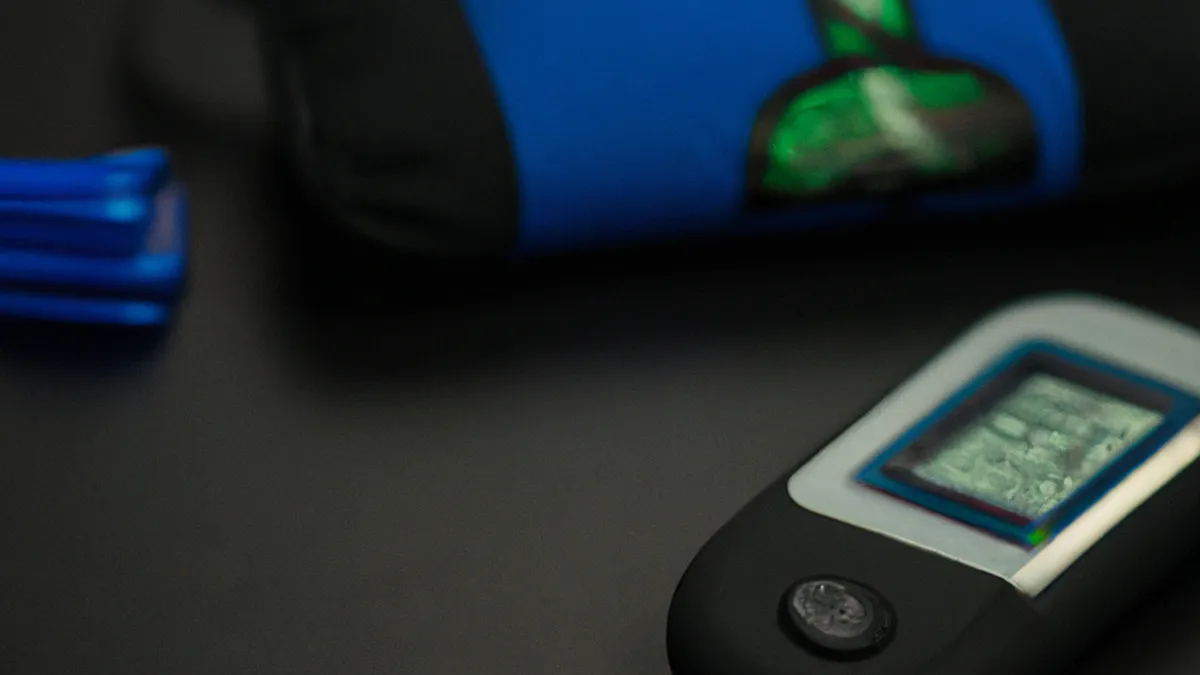Soothe Soreness: Foam Rolling Essentials
Foam Rolling Routines for Muscle SorenessMuscle soreness often follows intense workouts. Manage it properly to support your fitness journey. Foam rolling effectively alleviates discomfort and promotes recovery. This blog shares foam rolling routines, tips, and techniques to reduce muscle soreness.
Understanding Foam Rolling
Foam rolling, a self-myofascial release technique, uses a foam roller to apply pressure on specific muscles. This method releases tension, improves blood flow, and enhances muscle recovery. Consistent foam rolling minimizes soreness and tightness, boosting your workout performance.
Why Foam Rolling Works
Foam rolling effectively targets the fascia, the connective tissue around muscles. Rolling applies pressure, breaking down adhesions or “knots” in the fascia. This process stimulates blood circulation, delivering oxygen and nutrients to affected areas, promoting recovery and reducing soreness. Many athletes incorporate foam rolling into their post-workout routines.
Tips for Effective Foam Rolling
As an Amazon Associate I earn from qualifying purchases.
Gear tip: consider foam roller, trigger point cane, and massage oil to support this topic.
Follow these essential tips for effective foam rolling sessions:1. **Choose the Right Foam Roller**: Foam rollers vary in density and texture. A firmer roller provides deeper pressure, while a softer one suits beginners. Start with a softer roller and progress to a firmer one as you adapt.2. **Roll Slowly**: Roll slowly over each muscle group. Spend 30 seconds to one minute on each area. This pace allows muscles to relax and fascia to release tension.3. **Breathe Deeply**: Focus on deep breathing while foam rolling. Inhale through your nose and exhale through your mouth. This practice relaxes your muscles and enhances rolling effectiveness.4. **Listen to Your Body**: Foam rolling should not cause excruciating pain. If you feel sharp pain, reduce pressure or stop rolling that area. Adjust your technique based on your body’s signals.
Target Key Muscle Groups
Concentrate on major muscle groups to enhance recovery. Target these key areas:- **Quadriceps**: Place the roller under your thighs. Roll slowly from your hips to your knees. Angle your body to target different parts of your quads.- **Hamstrings**: Sit on the floor with the roller under your thighs. Roll from the base of your glutes to just above your knees.
Conclusion
Foam rolling effectively reduces muscle soreness and enhances recovery. Use these tips to improve your foam rolling practices.
Below are related products based on this post:
FAQ
What is foam rolling?
Foam rolling is a self-myofascial release technique that uses a foam roller to apply pressure to specific muscles. This method helps release tension, improve blood flow, and enhance muscle recovery, making it an effective tool for managing muscle soreness.
How does foam rolling help with muscle soreness?
Foam rolling targets the fascia, the connective tissue surrounding muscles, by breaking down adhesions or “knots.” This process stimulates blood circulation, delivering oxygen and nutrients to muscles, which promotes recovery and reduces soreness after workouts.
What are some tips for effective foam rolling?
To foam roll effectively, choose the right density roller, roll slowly over each muscle group for 30 seconds to one minute, and focus on deep breathing. It’s also important to listen to your body and adjust pressure to avoid sharp pain during the process.















Post Comment